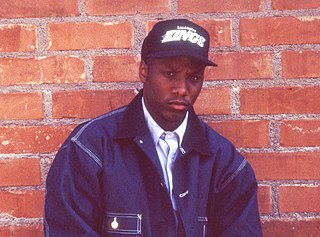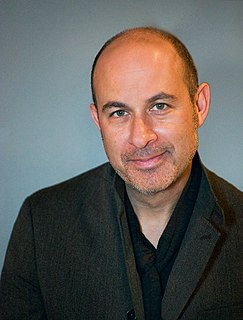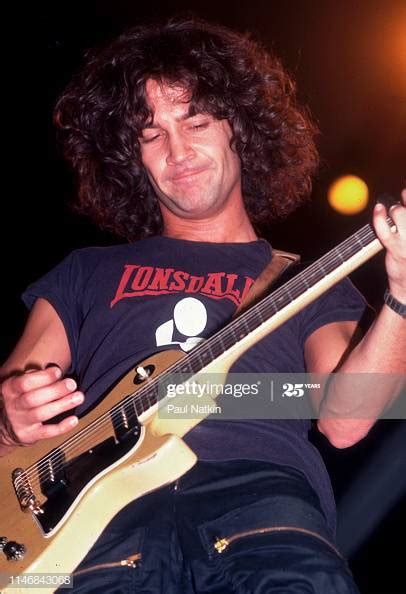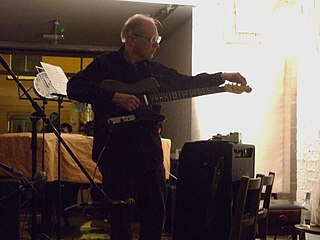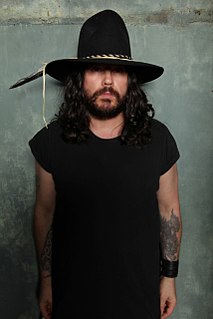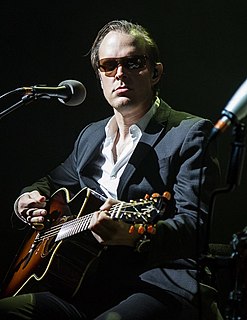A Quote by Shawn Amos
Blues became rock, rock became soul, and all of it was colorblind.
Quote Topics
Related Quotes
No matter what though, there's always rock & roll. There's rock 'n' roll in hip-hop, there's rock & roll in pop music, there's rock 'n' roll in soul, there's rock 'n' roll in country. When you see people dress and their style has an edge to it, that rebellious edge that bubbles up in every genre, that's rock & roll. Everybody still wants to be a rock star.
There's rock n' roll in hip-hop, there's rock n' roll in pop music, there's rock n' roll in soul, there's rock n' roll in country. When you see people dress, and their style has an edge to it, that rebellious edge that bubbles up in every genre, that's rock n' roll. Everybody still wants to be a rock star, you know?
And a lot of the technique and the little T-Bone phrases that define his style, Chuck Berry, when he rearranged the beat, they became rock 'n roll guitar licks. So in essence, T-Bone was not only the first electric blues guitar player, but he was the first electric rock 'n roll guitar player, really.
That was exactly why people didn't want to give us any kind of life, because we were threatening their status quo, and they just didn't want to have room for girls playing rock 'n' roll. It bothered them. First, people just tried to get around it by saying, "Oh, wow, isn't that cute? Girls playing rock 'n' roll!," and when we said, "Yeah, right, this isn't a phase; it's what we want to do with our lives," it became, "Oh! You must be a bunch of sluts. You dykes, you whores." That's what it became. Then it became a name-calling contest.

